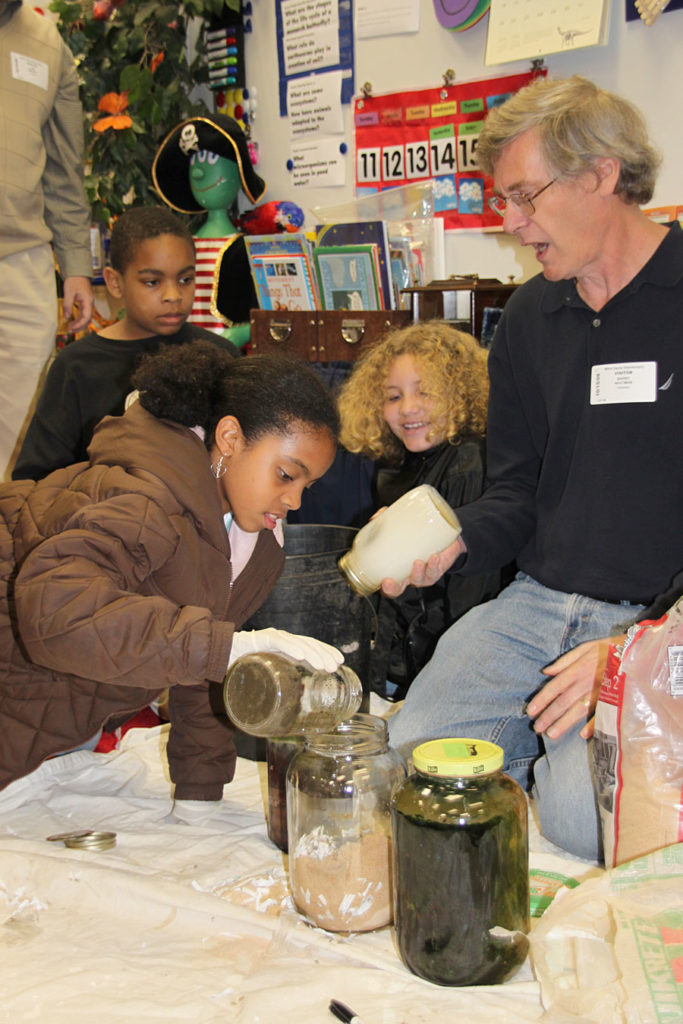A team from the Franklin College of Arts and Sciences and the College of Veterinary Medicine will join scientists from across the nation to creatively teach schoolchildren about science, technology, engineering and mathematics or STEM disciplines at the first USA Science and Engineering Expo to be held in Washington, D.C., Oct. 23–24. The expo is part of a larger science and engineering festival (www.usasciencefestival.org).
Through hands-on activities, visitors to UGA’s tent on the National Mall will explore how microbes break down biomass in the guts of termites and humans as well as in landfills. More than 500 groups, including representatives of Princeton, Yale and NASA, will be promoting other aspects of science at their own tents.
The fair is a perfect opportunity for school field trips or family vacations, said Anna Karls, associate professor and graduate coordinator in UGA’s microbiology department.
“Our exhibit is called ‘Living in a Microbial Zoo’ and we’re going to have a big tent with different demonstrations that highlight how microbes are being utilized in the development of clean energy and how they’re important in the environment and in our bodies,” she said. “We hope it gets kids really excited and shows the connection between what happening in the environment and what’s happening in their bodies. Everyone is getting into the green movement now, and it’s a good connection for kids to make, that doing science and engineering can lead to a better future.”
Engaging younger students also can start processes that have far-reaching effects, Karls said. That’s why several members of the microbiology department spend their days off in local schools giving demonstrations and answering questions (the next demonstrations are set for April 30).
The UGA delegation going to the expo includes Karls as well as professor Anne Summers and graduate students David Samuel and Ashley Bono in the microbiology department; faculty members Margie Lee and John Maurer in the College of Veterinary Medicine’s population health department; and Russ Karls, an associate research scientist in the veterinary medicine college’s infectious disease department.
